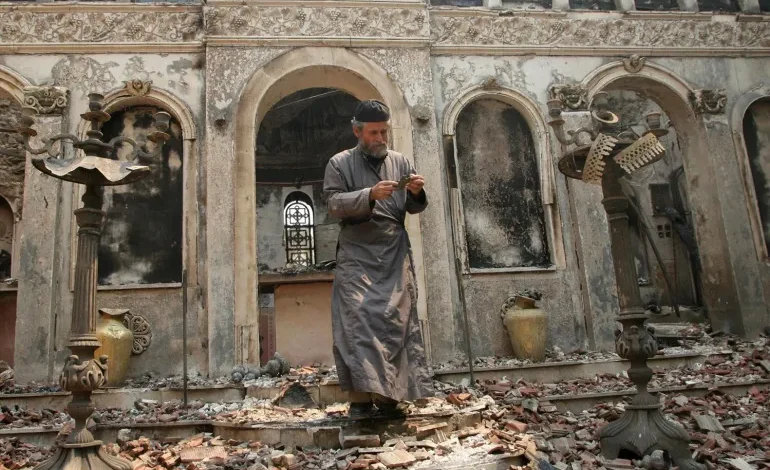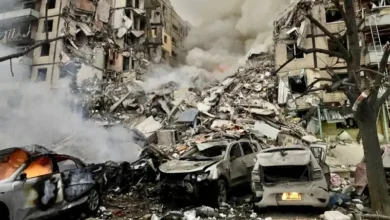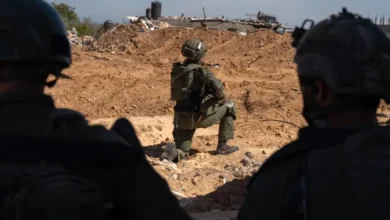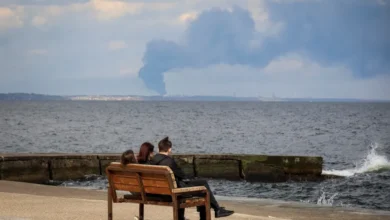Fires were always a fact of Greek life, but now they’re worse

Back in the 1980s, as an increase in forest fires claimed more than 5,000 hectares (12,355 acres) a year, few people spoke of climate change even though summer temperatures were marking new records and heatwaves had become a cause for concern.
Two years ago, when wildfires destroyed the northern half of the island of Evia, northeast of Athens, geophysicist Christos Zerefos told me the fire followed Greece’s longest heatwave.“There was never one like it,” he said. “In 1987 it lasted five days. In 2007 it was six days, and now 11 days. It keeps on increasing.”
The fires that struck areas near Athens this week also came just after a heatwave.
Data compiled by the Athens Observatory, which monitors weather across the country, also show that average temperatures in Greece have risen by almost 2 degrees Celsius (3.6 degrees Fahrenheit) since 1990.
Zerefos led a team of scientists to study the costs of climate change for the Bank of Greece in 2011. They concluded that without mitigation or adaptation efforts, climate change would cost Greece almost $800bn this century – three and a half times its gross domestic product (GDP) – largely in lost tourism and agriculture revenue. An update of the study currently under way will raise that estimate, Zerefos told me.I had an opportunity to see the effects of wildfire on agriculture in 2007, Greece’s worst-ever loss of forest cover. In a single summer, 2.3 percent of the country’s surface area turned to ash.
As I stood in the village of Vrina, in the region of Zaharo in southwest Greece on August 25, I watched a broad fire front slowly move down Mount Lapithas, about 1km (0.6 miles) away across a narrow valley.
The fire crawled downhill claiming underbrush and shrubs. When it reached a new cluster of pines, it would flare up violently with the noise of jet engines reversing on a runway. Its heat warmed cheeks in Vrina, and it produced enough light to read by.
In the nationwide emergency, the people of Vrina had been told there was no available fire engine to send to their aid. I watched the young men of the village smoke and wait until the fire reached the edge of their olive groves, which surrounded Vrina. Then they got into their tractors, which carried 500-litre pesticide tanks, now filled with water, and drove to the fire.










